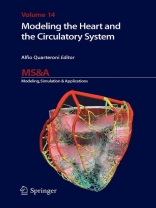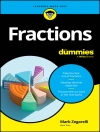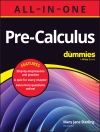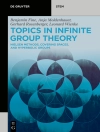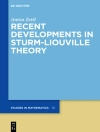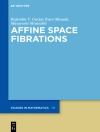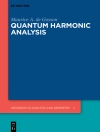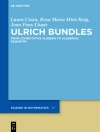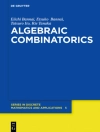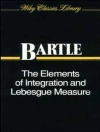The book comprises contributions by some of the most respected scientists in the field of mathematical modeling and numerical simulation of the human cardiocirculatory system. The contributions cover a wide range of topics, from the preprocessing of clinical data to the development of mathematical equations, their numerical solution, and both in-vivo and in-vitro validation. They discuss the flow in the systemic arterial tree and the complex electro-fluid-mechanical coupling in the human heart. Many examples of patient-specific simulations are presented. This book is addressed to all scientists interested in the mathematical modeling and numerical simulation of the human cardiocirculatory system.
Innehållsförteckning
1 Cardiac Arrhythmias: Mechanistic Knowledge and Innovation from Computer Models. Natalia A. Trayanova and Patrick M. Boyle.- 2 Discrete Mechanical Modeling of Mechanoelectrical Feedback in Cardiac Tissue: Novel Mechanisms of Spiral Wave Initiation. Louis D. Weise and Alexander V. Panfilov.- 3 Multiscale Modelling of Cardiac Perfusion. Jack Lee, Andrew Cookson, Radomir Chabiniok, Simone Rivolo, Eoin Hyde, Matthew Sinclair, Christian Michler, Taha Sochi and Nicolas Smith.- 4 Using image-based CFD to investigate the intracardiac turbulence. C. Chnafa, S. Mendez, R. Moreno and F. Nicoud.- 5 Multiscale Modeling of Sickle Cell Anemia. Huan Lei and George Em Karniadakis.- 6 A three-dimensional continuum model of active contraction in single cardiomyocytes. Alessio Gizzi, Ricardo Ruiz-Baier, Simone Rossi, Aymen Laadhari, Christian Cherubini, and Simonetta Filippi.- 7 On the Assumption of Laminar ow in Physiological Flows: Cerebral Aneurysms as an Illustrative Example. Oyvind Evju and Kent-Andre Mardal.- 8 Effects of poroelasticity on fluid-structure interaction in arteries: a computational sensitivity study. M. Bukac, I. Yotov, R. Zakerzadeh, P. Zunino.- 9 Personalized Anatomical Meshing of Human Body with Applications. Yuri Vassilevski, Alexander Danilov, Yuri Ivanov, Sergey Simakov and Timur Gamilov.
Om författaren
Prof. Alfio Quarteroni, Professor of Modelling and Scientific Computing at the School of Mathematics of EPFL, Swiss Federal Institute of Technology, Lausanne (Switzerland) and Director of the Mathematics Institute of Computational Science and Engineering (MATHICSE) at EPFL, Lausanne (Switzerland).
